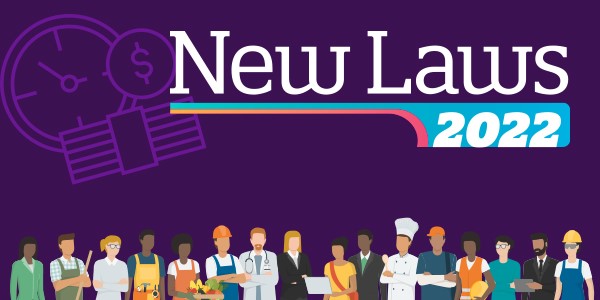
Sacramento – Sodas, bottled water and other drinks will come in more environmentally friendly packaging, starting next month. That’s when AB 793 by Assemblymembers Phil Ting (D-San Francisco) and Jacqui Irwin (D-Thousand Oaks) kicks in, the country’s first recycled content standards for plastic CRV drink bottles. It aims to reduce plastic pollution by creating a market for post-consumer plastics. Reusing what’s already been made also supports the state’s transition to a circular economy.
“It’s ridiculous that companies make new plastic every time a beverage container is needed. At the rate we were going, plastic waste will outnumber the fish in our oceans by 2050. With AB 793, California is taking a big step toward reversing this alarming trend and moving toward a more sustainable model. We need more states to join us to make a bigger impact,” said Ting.
Starting in 2022, single-use plastic CRV drink bottles must include recycled materials - at least 15% at first and ultimately reaching 50% by 2030. That’s the highest threshold in the world, surpassing the 30% mandate in the European Union.
- 2022 - 15% Minimum Recycled Content
- 2025 - 25% Minimum Recycled Content
- 2030 - 50% Minimum Recycled Content
The AB 793 plastic bottle standard applies to all drinks sold in California, regardless of where the container was made. Manufacturers face fines for missing the targets. In addition, the new requirement will help recycling centers survive. The dwindling U.S. demand for recycled plastic has led, in part, to the tidal wave of recycling center closures in California, leaving consumers with fewer places to take their bottles and cans. To make matters worse, China and other overseas markets stopped buying much of California’s recycled waste. Now recyclable plastic has been stacking up in warehouses, flooding our landfills, and polluting our environment.
AB 793 creates a different path for this waste by bolstering the market for recycled plastic in the state. Naked Juice has been using plastic bottles made with 100% post-consumer recycled content since 2010, proving the change can be easily made.
Other bills by Assemblymember Ting taking effect on January 1, 2022:
- AB 33: Expands an existing state program, making public schools and hospitals eligible for low-interest loans for clean energy storage systems and electric vehicle charging station; this allows them to operate during prolonged power outages
- AB 1452: Authorizes a pilot program in San Francisco, raising the daily pay of low-income jurors from $15 to $100 to see if higher compensation lead to more diversified juries
- AB 1540: Implements a “second look” policy, prohibiting courts from denying resentencing motions without a hearing
While approved and signed into law this year, Ting’s bills that limit human exposure to PFAS, known as “forever chemicals,” go into effect 2023 and 2024, to give time for manufacturers to comply.